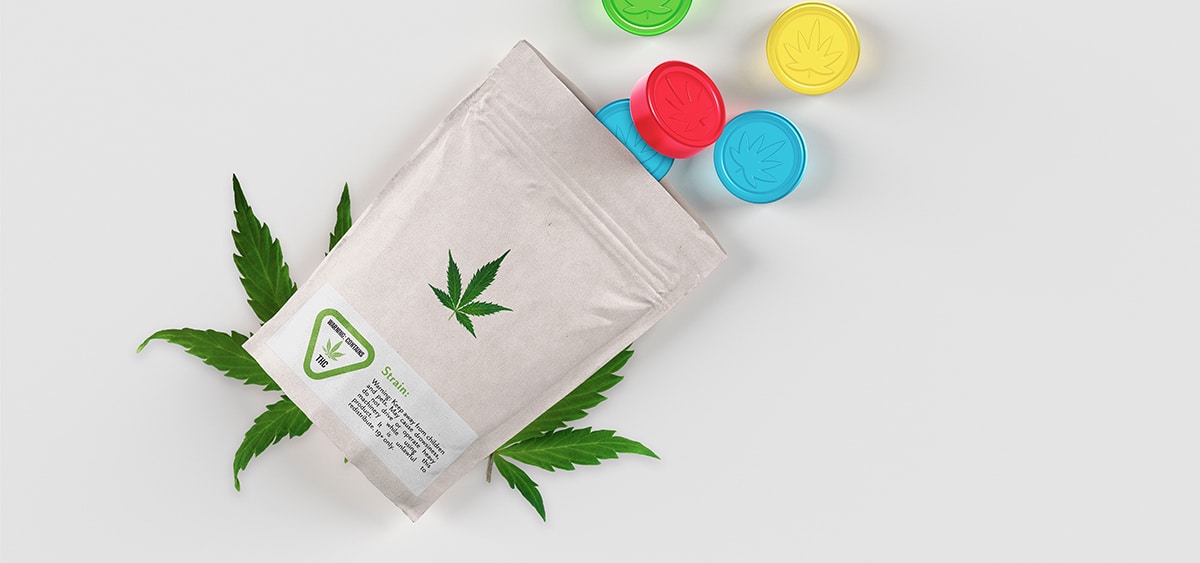A letter written in 2021 by the U.S. Drug Enforcement Administration’s Drug & Chemical Evaluation Section Chief Terrence Boos has revealed that DEA considers delta-8 THC, when synthesized from CBD, to be federally illegal. The letter was revealed late last week by attorney Shane Pennington via his “On Drugs” Substack.
“Arriving at delta-8-THC by a chemical reaction starting from CBD makes the delta-8-THC synthetic and therefore, not exempted by the [Agriculture Improvement Act]. Any quantity of delta-8-THC obtained by chemical means is a controlled substance.” — Boos, via the “On Drugs” Substack
The Agriculture Improvement Act, better known as the 2018 Farm Bill, allowed states to implement their own hemp programs. Since then, companies selling hemp-derived cannabinoids have sprung up around the country, but some have gone even further in synthesizing the hemp-based cannabinoids — which are generally nonintoxicating — into more psychoactive cannabinoids such as delta-8 or even delta-9 THC.
The letter puts plainly what many experts have suspected for months — DEA communicated during a May 4 conference presentation that the agency supported adding all synthetic cannabinoids that contain THC, including hemp-derived delta-8 THC, to the list of federally controlled substances. Additionally, in February, Boos wrote to another attorney that minor cannabinoids including delta-8 THC-0 and delta-9 THC-0 are illegal because they can only be synthesized and do not appear in nature, Marijuana Moment reports.
Notably, delta-8 THC does appear naturally in cannabis plants but only in trace amounts, but the vast majority of consumer delta-8 products are made using delta-8 THC that was synthesized from hemp-derived CBD.
Get daily cannabis business news updates. Subscribe
Medical Disclaimer:
The information provided in these blog posts is intended for general informational and educational purposes only. It is not a substitute for professional medical advice, diagnosis, or treatment. Always seek the advice of your physician or other qualified healthcare provider with any questions you may have regarding a medical condition. The use of any information provided in these blog posts is solely at your own risk. The authors and the website do not recommend or endorse any specific products, treatments, or procedures mentioned. Reliance on any information in these blog posts is solely at your own discretion.






